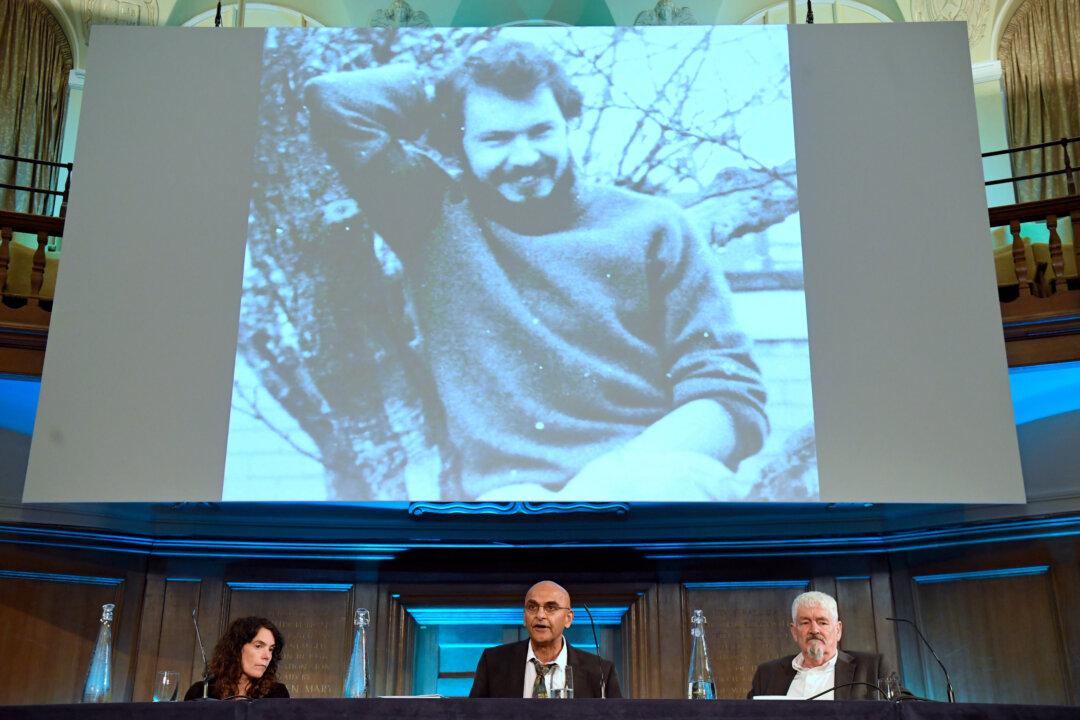The Metropolitan Police has concealed its “serious failings” in the investigations into the murder of Daniel Morgan in 1987, and its first objective has been to “protect itself,” an independent panel has found.
Morgan, a private investigator at Southern Investigations in Thornton Heath, was 37 years old when he was axed to death in a dark corner of the car park of the Golden Lion public house in Sydenham, South East London, leaving behind his wife and two young children.





